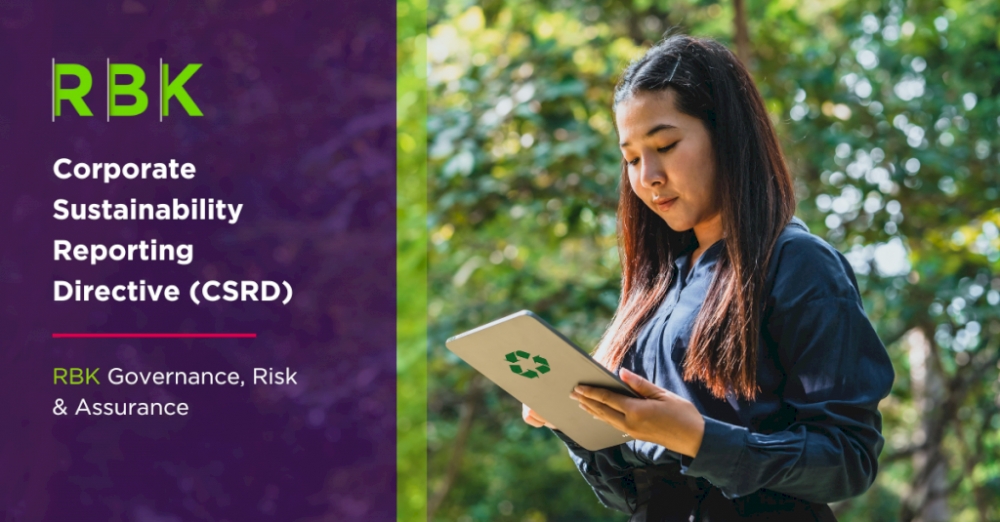What is CSRD?
The Corporate Sustainability Reporting Directive (CSRD) replaces the EU’s legacy ESG reporting program – the Non-Financial Reporting Directive (NFRD) and raises the bar for breath and robustness in sustainability reporting, covering categories beyond just carbon, including pollution, water, waste and biodiversity.
The CSRD’s technical rules known as ESRS lay out what companies need to disclose and how. Disclosures on these topics will need to exist in annual reports alongside financials and will also be subject to audit assurance.
What’s the purpose of the CSRD?
The EU’s action plan on sustainable finance identified a need to strengthen corporate reporting on sustainability to enable investors and other stakeholders to assess companies' long-term value creation and their sustainability risk exposure.
The CSRD aims to provide investors and other stakeholders with access to more decision-useful information about companies' sustainability risks, opportunities, and impacts. This in turn enables investors to allocate cash towards sustainable investment and increase transparency and long-termism in financial and economic activity. Identifying any adverse impacts also allows companies to cease, prevent or mitigate those adverse impacts and demonstrate progress.
Who does CSRD apply to?
CSRD outlines the criteria and timelines for different entities to comply. The following are the key points to note:
- FY from 1 January 2024 (reporting in 2025) for Public Interest Entities (“PIEs”) in scope of EU non-financial reporting rules (already reporting under NFRD) (greater than 500 employees);
- FYs from 1 January 2025 (reporting in 2026) for other large companies (meeting 2 of the following 3 criteria: greater than 250 employees, turnover greater than €50m or total assets greater than €25m); and
- FYs from 1 January 2026 (reporting in 2027) for listed SMEs, with an ‘opt out’ possible until 2028.
While non-listed SMEs are not directly within the scope of the directive, they may need to provide information to large companies in due course.
What does the CSRD require in practice?
In-scope entities must report on a range of ESG topics in accordance with the European Sustainability Reporting Standards (“ESRS”).
The ESRS are made up of twelve standards, which cover overarching principles, general disclosures, and specific topics on ESG issues. Whilst reporting against certain standards is mandatory, the relevance of other ESRS will be subject to the double materiality assessment.
To meet CSRD reporting standards, mandatory assurance is needed, increasing control requirements over processes and data for disclosures. Initially, this mandate demands limited assurance but will transition to reasonable assurance over time. The challenge lies in both achieving and consistently maintaining compliance as standards evolve. Organisations benefit from pre-assurance readiness assessments before the live reporting period. Companies within scope need a solid internal framework for sustainability reporting, capable of adapting to changing requirements and withstanding rigorous external scrutiny.
What you can do now:
- Assess whether you are in scope of the regulations, either directly or as part of the value chain;
- Determine your company’s existing position on sustainability reporting by assessing and analysing your reporting processes, internal controls and governance;
- If you are within scope and due to report, discuss the directive and the standards with your auditor, accountant or business adviser;
- If you think you may be captured by the value chain of a large company you work with, start the conversation with them and your business adviser now to find out what this means and what information you might be asked to supply;
- Assess your ability to capture the data required, as a company in scope or as a business within the value chain of a large company;
- Begin to understand the double materiality concept and assess where the data required for this assessment is located and stored.
Contact Us
Should you require more information or assistance, please contact Gareth Fitzpatrick, Governance, Risk & Assurance Manager, at RBK on gfitzpatrick@rbk.ie or call (090) 6480600.


